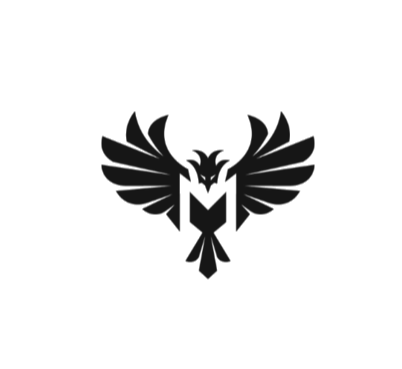The word “Sho” (شو) simply means “What.”
It’s one of the most frequently used words in Lebanese Arabic, short, punchy, and perfect for everyday conversation.
It comes from the classical Arabic “ماذا / ما,” but in Lebanon (and across the Levant), it’s been simplified to “sho.”
| Arabic |
Transliteration |
English |
| شو اسمك؟ |
Sho ismak? | What’s your name? |
| شو عم تعمل؟ |
Sho 3am ta3mel? |
What are you doing? |
| شو صار؟ |
Sho sar? |
What happened? |
| شو بدك؟ |
Sho baddak? |
What do you want? |
Lebanese people use “sho” in countless situations, casual, serious, funny, or emotional. Here are some of the most common:
| Phrase |
Transliteration |
Meaning |
| شو في؟ | Sho fi? | What’s up? / What’s going on? |
| شو في ما في؟ | Sho fi ma fi? | What’s the situation? |
| شو هالحلو! | Sho hal 7elo! | What a beauty! |
| شو هالخبَر! | Sho hal khabar! | What news! |
| شو القصة؟ | Sho l2ossa? | What’s the story? |
| شو هالحياة! |
Sho hal 7ayet! | What a life! |
Tone gives sho its Lebanese charm. Depending on how you say it, it can sound curious, annoyed, loving, or even sarcastic.
Friendly curiosity:
Sho fi, habibi? (شو في، حبيبي؟) → “What’s up, my friend?”
Annoyed tone:
Sho baddak ba3ed? (شو بدك بعد؟) → “What do you want now?”
Flirty / playful:
Sho hal 7elo! (شو هالحلو!) → “What a cutie!” 😉
Surprised:
Sho?! (شو؟) → “What?!”
| Dialect |
Word for "What" |
Example |
| Lebanese / Levantine | شو (sho) | Sho ismak? |
| Egyptian Arabic | إيه (eh) | Ismak eh? |
| Moroccan Arabic (Darija) | شنو (shnu) | Shnu smitk? |
| MSA (Modern Standard Arabic) | ماذا / ما (ma / madha) | Ma ismuka? |
This shows one of the biggest differences between spoken dialects and MSA, Lebanese Arabic is far more natural and emotional in real life.
Dialogue 1:
A: Sho 3am ta3mel el yom? (شو عم تعمل اليوم؟)
B: Wala shi, ra7 etghadda. (ولا شي، رح اتغدى.)
“What are you doing today?” → “Nothing much, going to eat lunch.”
Dialogue 2:
A: Sho sar bel mashrou3? (شو صار بالمشروع؟)
B: Kello tamem. (كله تمام.)
“What happened with the project?” → “All good.”
Dialogue 3:
A: Sho hal jaw el ghareeb! (شو هالجو الغريب!)
B: Eh walla, sa23a kteer! (إي والله، سقة كتير!)
“What’s with this crazy weather!” → “Yeah, it’s so cold!”
❌ Using “ma” or “mada” like in MSA:
Ma ismak? sounds robotic and unnatural in Lebanese.
✅ Say: Sho ismak? (شو اسمك؟)
❌ Overusing “sho” for everything:
Don’t say “sho” when you mean “why” or “how.”
✅ For “why,” use leish (ليش).
✅ For “how,” use kif (كيف).
In Lebanon, sho is like a conversation spark, it opens doors.
A simple “Sho fi ma fi?” can lead to a 30-minute chat about politics, family, and food.
Is “sho” used in other Arabic dialects?Yes, in the Levant (Lebanon, Syria, Jordan, Palestine).
Is “sho” formal Arabic?
No. It’s purely colloquial, not used in formal writing or MSA.
Can I use “sho” with everyone?
Yes! Just adjust your tone, friendly with friends, softer with elders.
Now you know one of the most Lebanese words ever,
sho.
From Sho fi ma fi? to Sho hal 7elo!, it’s your all-purpose key to real conversation.
and get 150+ everyday phrases with pronunciation & cultural tips.


